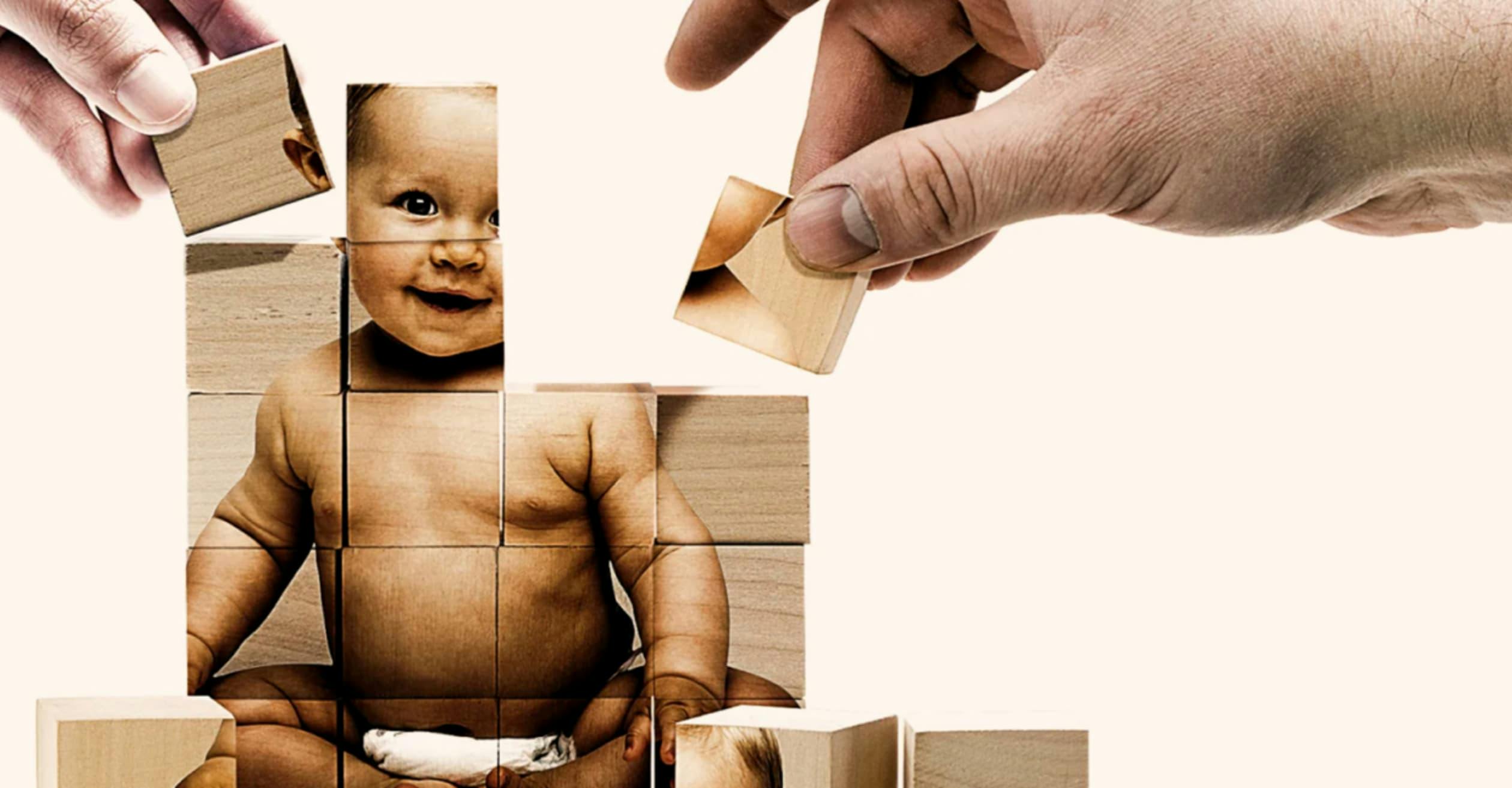Q&A
ASK Robert Plomin about using DNA to predict behavior

Psychologists argue that genetics play the decisive role in shaping our personalities, mental health and abilities. So is DNA a fortune teller?
Q
What is behavioural genetics?
A
Q
I am afraid of dogs, and so is my daughter? Did she get that from me?
A
Q
My client read that her genetics determine her behaviour and says therefore, she cannot change. What tips do you have to explain to her that genetics do not define her behaviour?
A
Q
Can behavioural genetics predict the likelihood of personality disorders?
A
Q
How much does parenting style influence a child's upbringing?
A
Q
Hi Robert, I have three sisters, and we are all so remarkably different from one another even though we have the same parents and were raised in the same home. Does research shed any light on why this is so?
A
Q
Are we at a stage where genetic testing could be used to inform of psychopathic tendencies?
A
Q
To what extent are a child's personality, psychopathology, and cognitive abilities based on genetics?
A
Q
The mapping of the human genome has enabled the prediction of certain health outcomes through our polygenic score. Are your theories based on information obtained from this score?
A
Q
At this stage, genetic testing is quite a 'blunt' instrument. What do you think needs to happen to improve accuracy?
A
Q
Is the cost of genetic testing prohibitive?
A
Q
Can genetics measure things like life satisfaction?
A
Q
Which aspects of our personalities and behavior are most likely derived solely from our genetics?
A
Q
Hi Robert, thank you for your insights. Could you please explain your phrase "non-shared environment"?
A
Q
How difficult is it to change a behaviour like addiction if our genetic makeup is working against us?
A
Q
In the future could behavioral genetics be used to help find compatible partners in both business and personal relationships?
A
Q
Hi doctor, is their a faithful gene and infidelity gene?
A
Q
Has your research looked at the heritability of autistic traits?
A
Q
What is the genetic loading for callous-unemotional traits? What implications does this have with trying to intervene with kids with conduct disorder and ODD?
A
Q
What is a genotype vs phenotype?
A
Q
Do genes cause obesity?
A
Q
Does parenting make a difference?
A
Q
I always score high in Neuroticism on personality tests. I know that I probably inherited this. I keep reading about how bad it is for mental and physical health. Is there anything that I can do to change it?
A
Q
Is nicotine addiction hereditary?
A
Q
Could modern genetic testing lend itself to a resurgence of eugenics, such as the prohibition of racial mixing?
A
Q
I am in the process of choosing a sperm donor. Can I predict the IQ, height, eye color, and personality of my unborn child by choosing a specific type of donor?
A
Q
Research shows that obesity is one of the strongest genetically influenced traits we have. Could genetic testing lend itself to the marginalization of individuals more likely to suffer obesity?
A
Q
Parental and teacher perceptions and expectations of a student can be preconceived. Is it likely that knowledge from genetic testing could have an impact on a child's academic achievements and behavior?
A
Q
Does changing your behavior change your DNA?
A
Q
What can DNA tell you about a person?
A
A
Q
How do our genes affect or influence our behavior?
A
You may also like